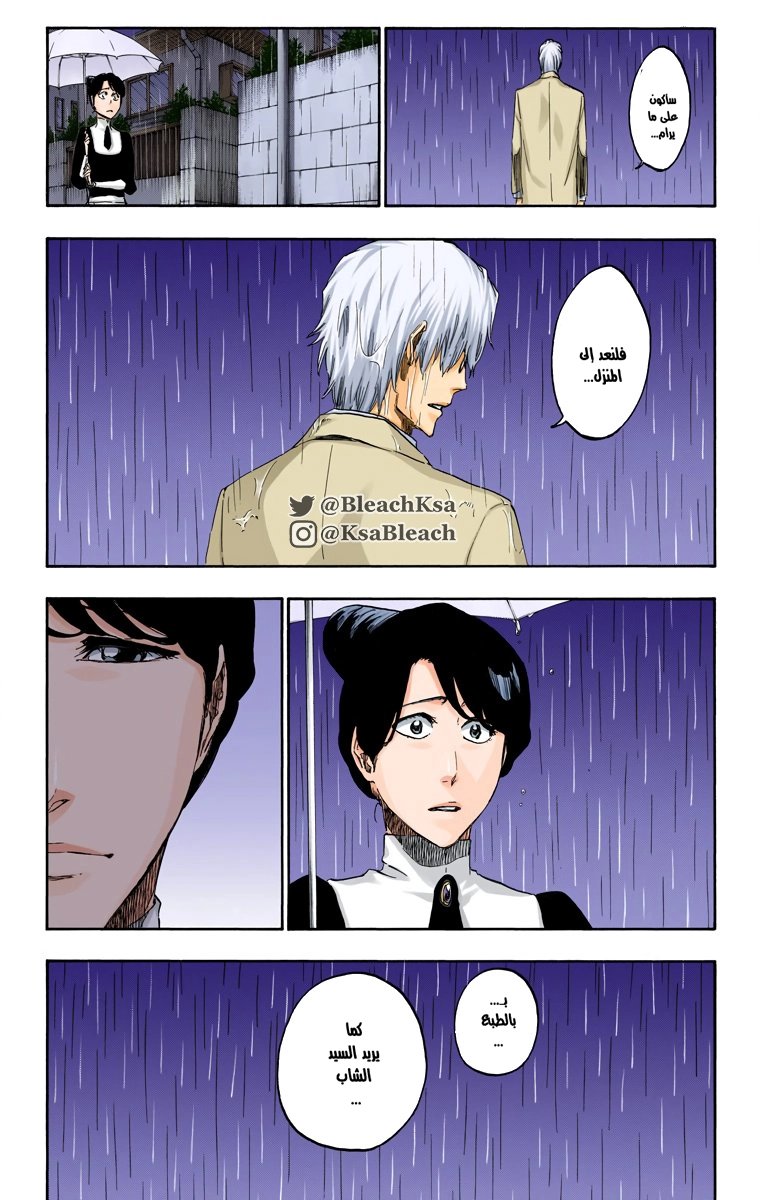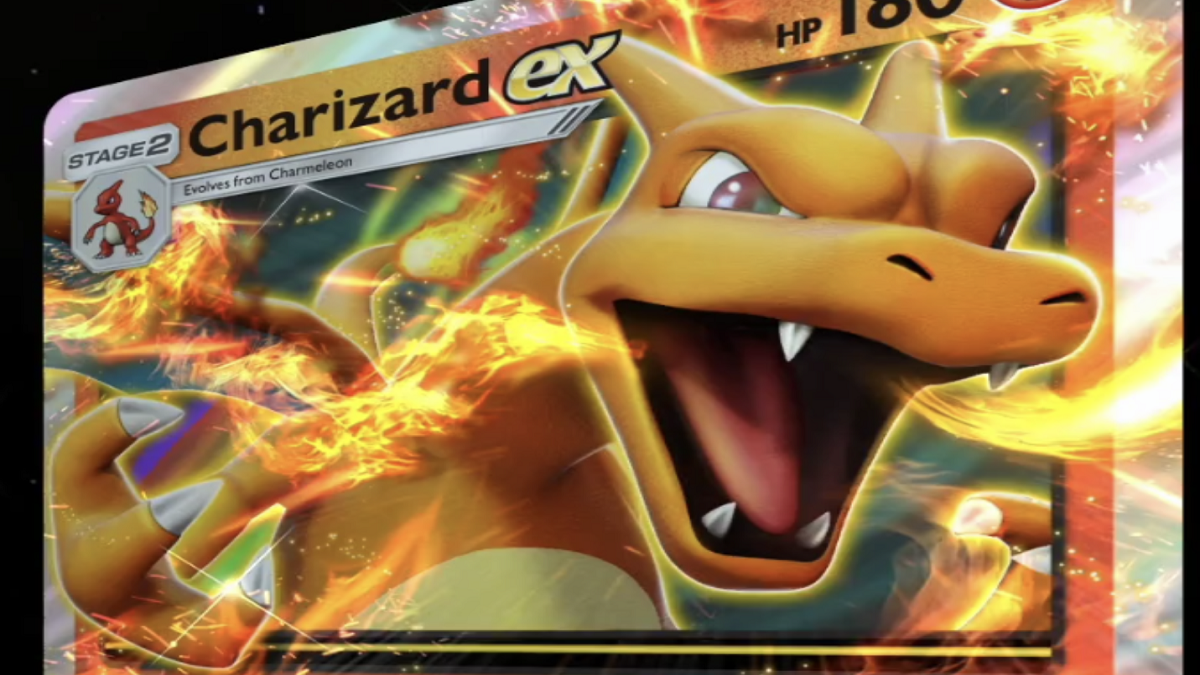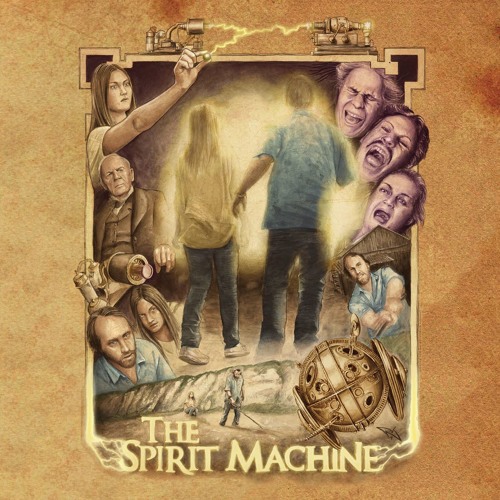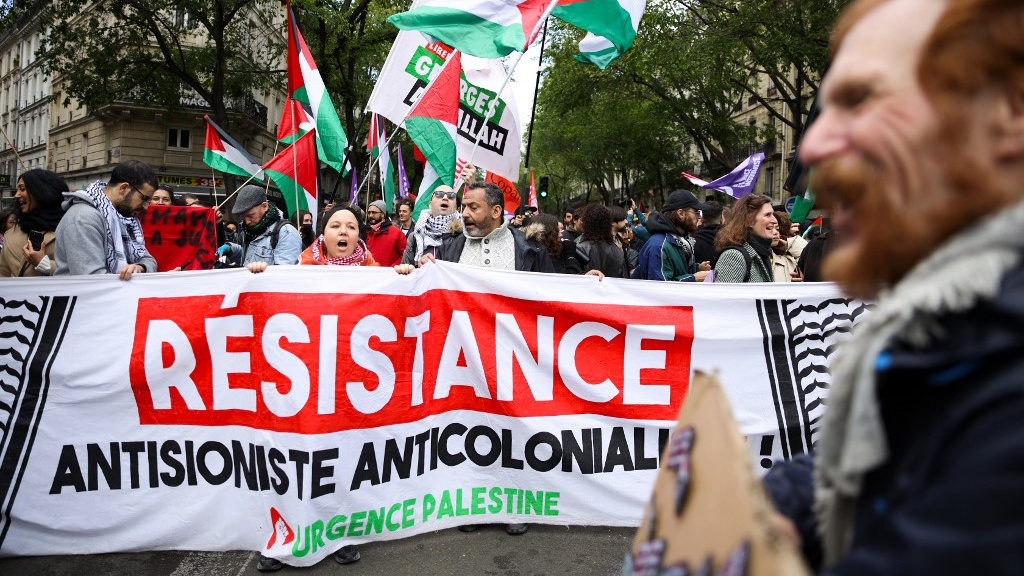Putin's Retooled Russia: An Economy Built For War

Table of Contents
Increased Military Spending and its Economic Impact
The Swelling Military Budget
Over the past two decades, Russia's defense spending has soared. While precise figures are often debated, it's undeniable that military expenditure has consistently represented a significant portion of the national budget, surpassing that of many other global powers relative to GDP. This dramatic increase reflects a conscious prioritization of military power under Putin's regime.
- Specific examples of military modernization programs: The development and deployment of advanced weaponry, including hypersonic missiles, modernized nuclear arsenal, and the expansion of its naval capabilities, are testament to this prioritization. Significant investments have also been made in cyber warfare capabilities.
- Impact on other sectors due to resource allocation shifts: The colossal sums diverted to defense have inevitably impacted other sectors. Investments in healthcare, education, and infrastructure have often suffered, forcing difficult choices regarding resource allocation.
- Analysis of the economic consequences of this prioritization: While boosting the military-industrial complex, this unwavering focus on military spending creates economic vulnerabilities. It diverts resources from potentially more productive sectors, hindering long-term economic growth and diversification.
Import Substitution and Self-Sufficiency
Reducing Reliance on the West
Facing increasing Western sanctions and aiming for technological independence, Russia has pursued a policy of import substitution – reducing its dependence on foreign technology and goods. This strategy seeks to enhance self-sufficiency and resilience in the face of external pressure.
- Examples of successful and unsuccessful import substitution programs: While some progress has been made in specific areas, such as agricultural production and certain industrial sectors, many import substitution programs have faced significant challenges, hampered by a lack of technological innovation and expertise.
- Discussion of the challenges and limitations of this strategy: Successfully replacing advanced Western technology is proving exceptionally difficult. The lack of sufficient domestic technological development and the complexity of supply chains continue to pose major hurdles.
- Analysis of the long-term economic viability of this approach: While increasing self-reliance is a stated goal, the long-term economic viability of this approach remains questionable. The cost of developing domestic alternatives often outweighs the benefits, potentially slowing down overall economic development.
The Role of State-Owned Enterprises and Oligarchs
Centralized Control and Resource Mobilization
State-owned enterprises (SOEs) play a crucial role in Putin's Retooled Russia, particularly within the military-industrial complex. These SOEs, often tightly controlled by the state, are vital for resource mobilization and the production of military equipment. Oligarchs, while their influence has waned somewhat, continue to play a significant role in resource allocation, often acting as conduits for state power.
- Examples of key SOEs involved in military production: Several major SOEs are central to the production of weapons, military hardware, and related technologies. These entities are integral to the functioning of the military-industrial complex.
- Discussion of the power dynamics between the state and oligarchs: The relationship between the state and oligarchs is complex and evolving. While the state has consolidated its power, the influence of select oligarchs remains substantial, particularly in key sectors supporting the military.
- Analysis of the impact of this structure on economic efficiency and innovation: This highly centralized and state-controlled system often stifles competition and innovation. The lack of a dynamic private sector can lead to inefficiencies and a lack of responsiveness to market demands.
The Impact of Western Sanctions
Adapting to International Pressure
Western sanctions imposed on Russia in response to its actions in Ukraine and other geopolitical events have significantly impacted the Russian economy. However, the Kremlin has implemented various strategies to mitigate the impact of these sanctions.
- Specific examples of sanctions and their effects: Sanctions targeting specific industries, individuals, and financial institutions have undeniably caused economic hardship and restricted access to international markets.
- Analysis of Russia's strategies for mitigating the impact of sanctions: Russia has responded by diversifying trade partners, developing alternative financial mechanisms, and seeking to enhance self-sufficiency in key sectors.
- Discussion of the long-term consequences of sanctions on the Russian economy: The long-term consequences remain to be seen. While Russia has shown a degree of resilience, the cumulative effect of sanctions, coupled with other economic challenges, could significantly hinder its economic growth and development.
Conclusion
Putin's Retooled Russia demonstrates a clear prioritization of military power, reflected in its massive defense spending, pursuit of self-sufficiency, and the strategic use of state-owned enterprises. While this approach has arguably enhanced Russia's resilience in the face of Western sanctions, it has also created economic vulnerabilities and potentially hampered long-term economic growth. The impact of Western sanctions, combined with this militarized economic model, has profound implications for Russia's domestic stability and its role in global geopolitics. To fully understand the complexities of 21st-century international relations, a thorough grasp of Putin's Retooled Russia is crucial. Further research into the intricacies of this evolving economic system is highly recommended to better comprehend its implications for the global landscape.

Featured Posts
-
 Altesb Aldmny Hl Hw Jze Tbyey Mn Alryadt Alsewdyt
May 29, 2025
Altesb Aldmny Hl Hw Jze Tbyey Mn Alryadt Alsewdyt
May 29, 2025 -
 1050 Price Hike At And T Sounds Alarm Over Broadcoms V Mware Deal
May 29, 2025
1050 Price Hike At And T Sounds Alarm Over Broadcoms V Mware Deal
May 29, 2025 -
 Tres Preguntas Clave Sobre El Real Madrid 1 0 Athletic Club Y Sus Respuestas
May 29, 2025
Tres Preguntas Clave Sobre El Real Madrid 1 0 Athletic Club Y Sus Respuestas
May 29, 2025 -
 Pokemon Tcg Pocket Event Details On The Five New Promo Cards
May 29, 2025
Pokemon Tcg Pocket Event Details On The Five New Promo Cards
May 29, 2025 -
 Pokemon Tcg Pocket Codes Redeem Free Rewards
May 29, 2025
Pokemon Tcg Pocket Codes Redeem Free Rewards
May 29, 2025
Latest Posts
-
 Constance Wilde The Untold Cost Of Oscar Wildes Celebrity
May 31, 2025
Constance Wilde The Untold Cost Of Oscar Wildes Celebrity
May 31, 2025 -
 Rosita Sweetman Constance Wildes Sacrifice For Oscars Fame
May 31, 2025
Rosita Sweetman Constance Wildes Sacrifice For Oscars Fame
May 31, 2025 -
 Recent Killing In France Fueling The Far Lefts Anti Islamophobia Campaign
May 31, 2025
Recent Killing In France Fueling The Far Lefts Anti Islamophobia Campaign
May 31, 2025 -
 Unexpected Find Plumbers Unusual Basement Discovery
May 31, 2025
Unexpected Find Plumbers Unusual Basement Discovery
May 31, 2025 -
 Islamophobia In France Examining The Far Lefts Response To Recent Killing
May 31, 2025
Islamophobia In France Examining The Far Lefts Response To Recent Killing
May 31, 2025
